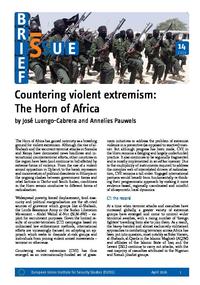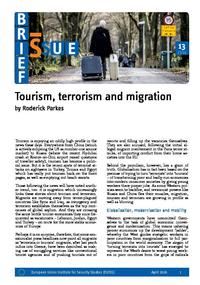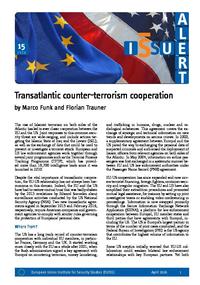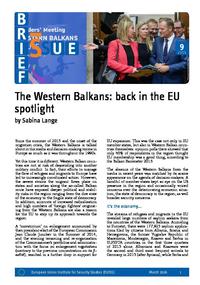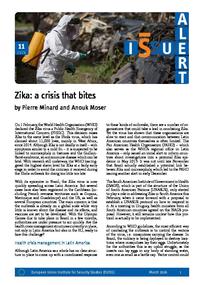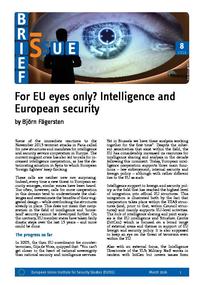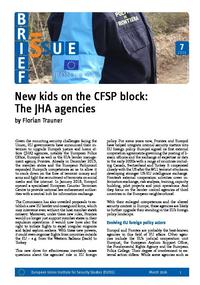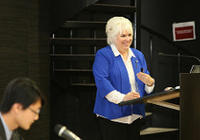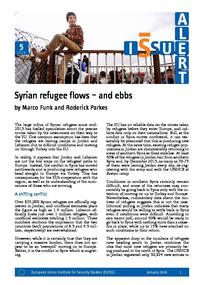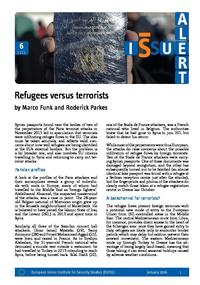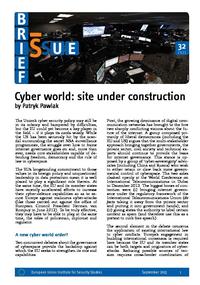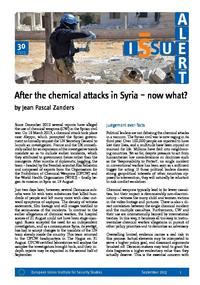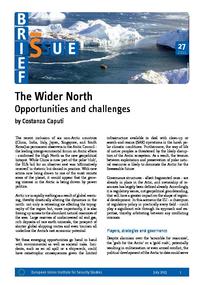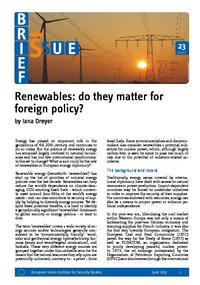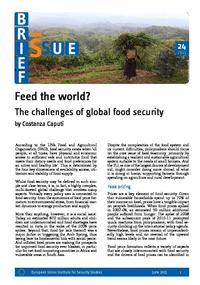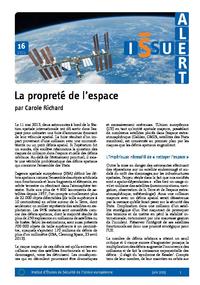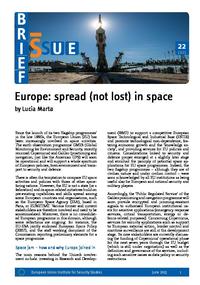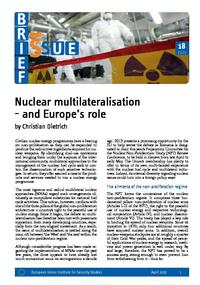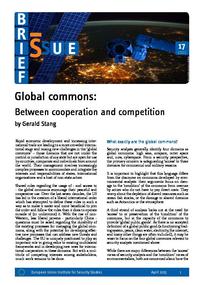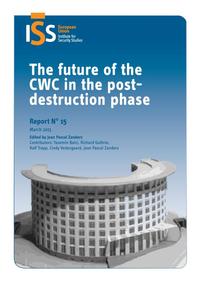There is a growing overlap between the EU’s internal and external security problems. Terrorism, organised crime and unregulated migration not only pose a threat to European internal security, but also have a serious impact on the stability of Europe’s immediate neighbourhood. Very often, they find their roots in conflicts and instability further abroad in Africa or Asia.
For some time, the European Union has been active in international debates on the governance of these challenges, and has created new policy instruments of its own. Already in the early 1990s, the EU successfully linked its home-affairs priorities with its Common Foreign and Security Policy. The 2015 migration crisis showed the limits of that approach, and has sparked a new wave of reforms.
